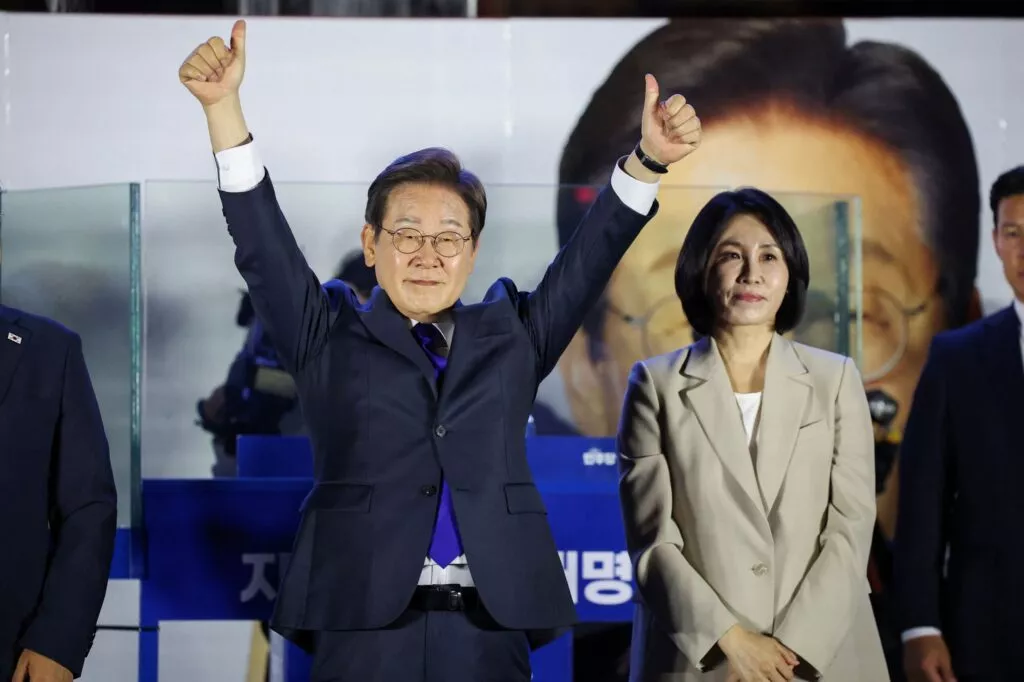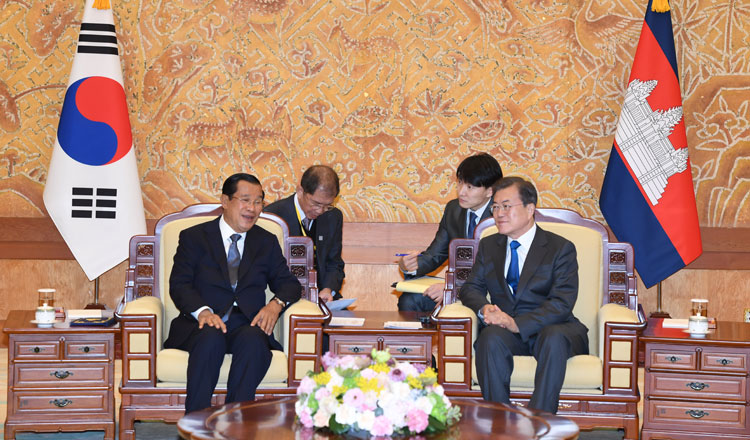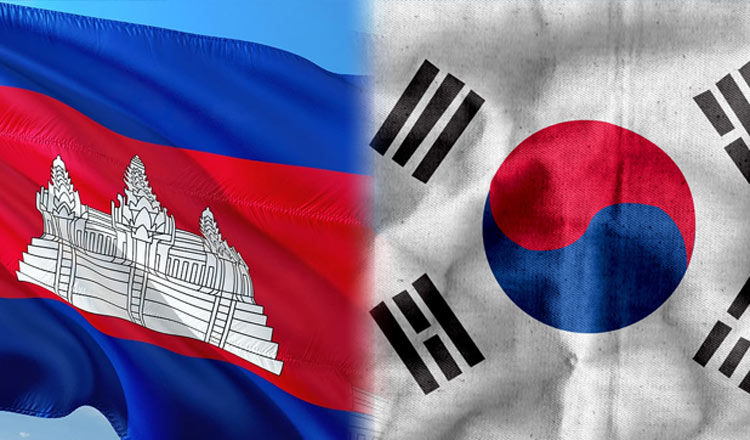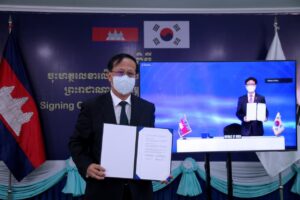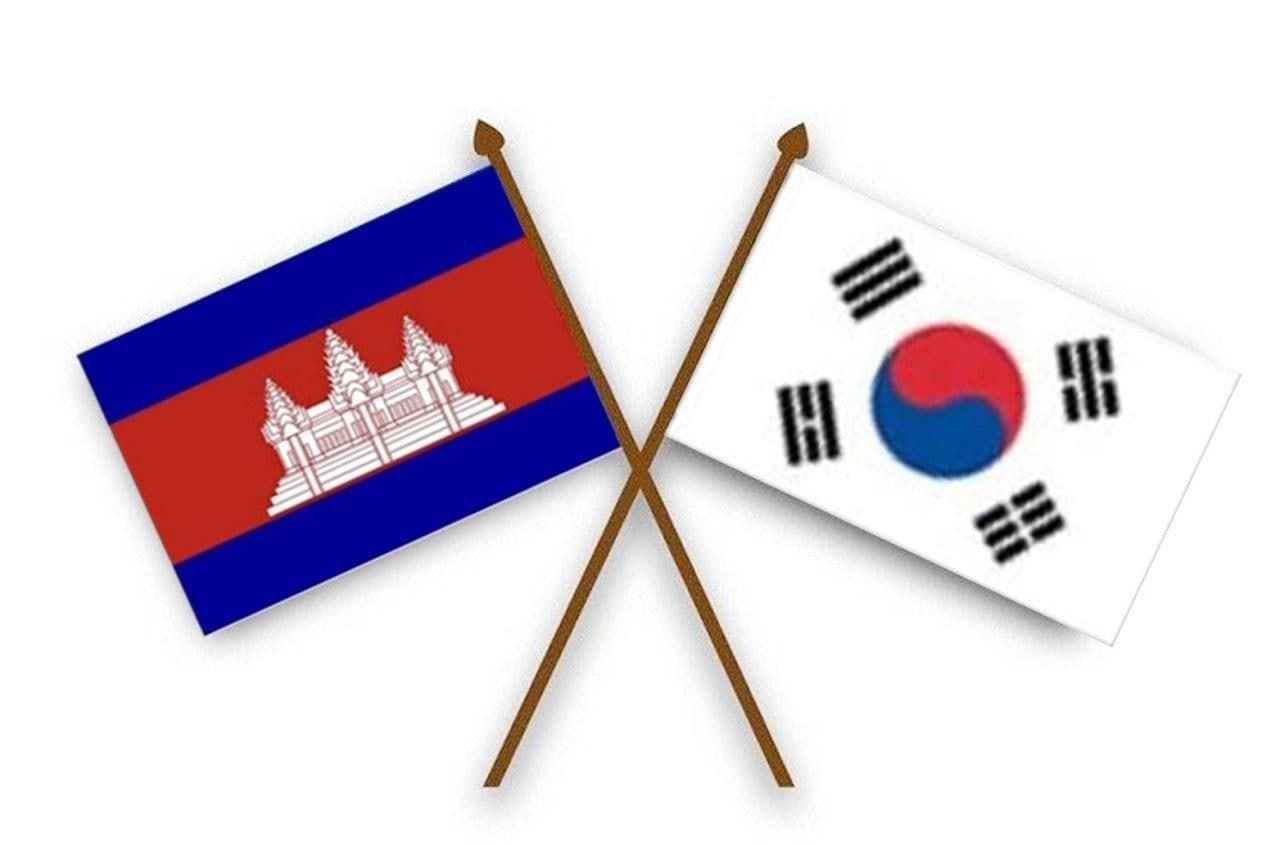Signs of convergence on South Korean foreign policy strategy
On paper, South Korea — a rich, democratic, globally integrated middle power — has all it needs to punch above its weight in international affairs. But despite strong national capacities, a highly developed and globally connected economy, a significant overseas investment footprint and cutting-edge technological capabilities, Seoul often appears more reactive than agenda-setting in international and Asian affairs.
Bad luck with history and geography is partly to blame. The enduring threat from North Korea has engendered a security dependence on the United States, while unresolved historical grievances with Japan complicate the pressing agendas for cooperation with Tokyo.
These background factors interact with the structures and cycles of domestic politics. Like Japan, foreign policy is central in the country’s ideological divides, but unlike Japan, the divide isn’t papered over by the dominance of an entrenched ruling party that channels a broadly pro-US yet internationalist establishment’s agenda. South Korea’s left–right turnover and the concentration of power in its presidency have ensured that foreign policy is more directly shaped by the ideological orientation and political incentives of the leader of the day.
The bottom line is that South Korea’s international posture has become highly sensitive to domestic political swings, with each administration often dismantling or reversing the initiatives of its predecessor. Observers of South Korean politics warned of this amid the premature euphoria that marked the Japan–South Korea rapprochement brokered during the Biden administration.
As Daniel Sneider writes in the first of our two lead articles this week, the election results gave the progressive candidate Lee Jae-myung ‘a clear mandate for power’, with his progressive Democratic Party having seized ‘the National Assembly and the powerful presidency, allowing Lee to potentially enact significant reforms. The greatest task facing Lee, who comes to power without any transition period, will be to restore political stability and effective governance after a half-year-long power vacuum’.
Strong institutions kept the political uncertainty from tanking the economy. Bank of Korea governor Rhee Chang Yong’s quick and decisive actions — almost as if he had a playbook ready, perhaps war-gamed in case of a North Korean crisis — helped calm markets.
Lee’s presidency represents the first time since Donald Trump’s reelection and the December coup crisis that South Korea gets some breathing space to adapt its foreign policy to an economically hostile and strategically uncertain ally in the United States. A big part of that will be making overdue moves towards a more enduringly pragmatic functional relationship with Japan that the whole region would benefit from.
Lee distanced himself from his previous US- and Japan-sceptic positions during the 2025 campaign and embraced some uncharacteristically hawkish language on North Korea. As Arius Derr argues in the second of this week’s lead articles, his victory ‘signals a potential recalibration of South Korean foreign policy’ towards a hybrid of progressive and conservative approaches.
Lack of an institutionalised strategic consensus on foreign policy among South Korean elites, especially on the Japan issue, has made it difficult for Seoul to maximise the benefits of working with Tokyo in all sorts of areas where Japanese and South Korean interests align, from regional integration driven via ASEAN-plus processes to cooperation in confronting security challenges thrown up by North Korea and China.
For South Koreans, the biggest impact of the election is what it means on the home front — a renewal of political consensus around the achievements of the move away from authoritarian rule beginning in the 1980s. As Sneider writes, while the election campaign ‘has reaffirmed the deep polarisation within Korean society, Lee rightfully counted on a national desire to not return to that dark past’.
Indeed, that the conservatives still performed as well as they did (conservative candidate Han Dong-hoon won 46.8 percent of the vote to Lee’s 52.3 percent) is testament not just to the partisan polarisation of South Korea’s electorate —it also reflects the welcome fact that the mainstream right felt compelled, both morally and politically, to shore up its credibility by publicly repudiating Yoon and rallying around constitutional norms in the wake of the 2024 crisis.
The decision of the conservatives to quickly dump Yoon after his coup attempt ensured that the election would not be a de facto referendum on the constitutional order. But Lee now faces the challenge of ensuring that Yoon is held legally accountable for his coup attempt without being seen to be exacting political revenge, while dodging his own historic corruption allegations.
And there are danger signs of potentially destabilising polarisation underneath the story of progressive resurgence in the short term. The election results have confirmed that South Korea is at the leading edge of a global trend of gender-based left–right polarisation among young voters. Exit polls showed that 58.1 per cent of women in their 20s and 57.3 per cent in their 30s supported Lee, while only 24.0 per cent of men in their 20s and 37.9 per cent in their 30s did.
Lee’s caution about being bogged down in South Korea’s toxic politics of gender during the campaign with unapologetically pro-women policy promises may have been tactically sound. But the restoration of South Korean economic dynamism that Lee promises would be well-served by embracing a progressive gender program as president. Boosting female workforce participation will be critical as South Korea’s demographic crisis deepens, and that will require confronting entrenched workplace discrimination and building a stronger social safety net to support more family-friendly work and care arrangements.
The EAF Editorial Board is located in the Crawford School of Public Policy, College of Law, Policy and Governance, The Australian National University.

